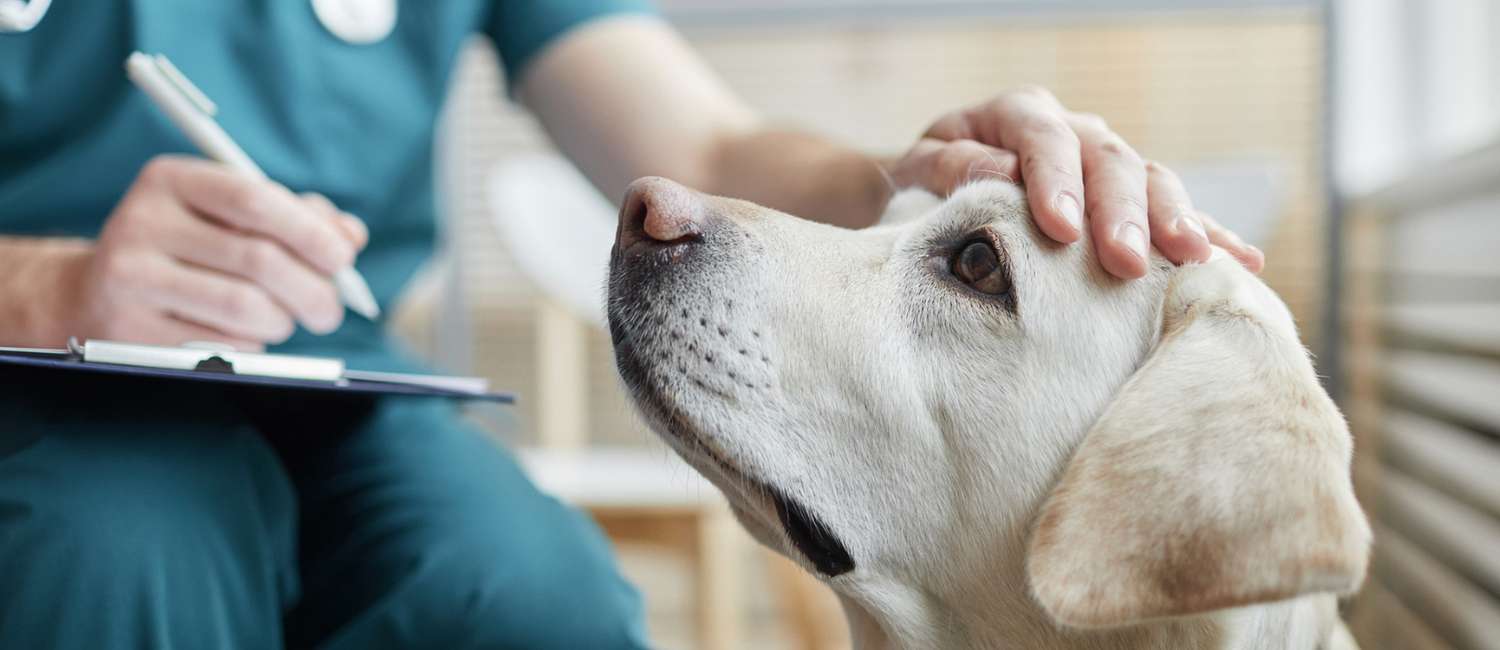 Canine illness has been spreading in some parts of the country, and it’s unclear whether this is from a novel organism. (Image: iStock/SeventyFour)
Canine illness has been spreading in some parts of the country, and it’s unclear whether this is from a novel organism. (Image: iStock/SeventyFour)
Headlines have been circulating about a “mystery” canine respiratory illness. How novel is this, and what should dog owners know? Penn Today spoke with Deborah Silverstein, professor of emergency and critical care at the School of Veterinary Medicine and section chief of emergency and critical care at Ryan Veterinary Hospital, to break down the biggest takeaways.
It’s unclear whether there’s a new organism involved
Silverstein says it is unknown at this point whether a novel organism is causing increased cases in certain parts of the country, but whatever organism is involved is behaving like organisms veterinarians do know, which are the ones that cause the commonly recognized canine infectious respiratory disease complex (CIRDC).
This is the term used in lieu of “kennel cough” for transmissible respiratory illnesses in which coughing is the main symptom. When dogs are infected with the CIRDC organism, Bordetella, they generally are coughing but otherwise feel fine—continuing to eat and play—and the illness clears in 10 to 14 days.
But Silverstein says some people have been referring to current cases as atypical canine respiratory disease complex because recent reports show a small fraction of animals experience a cough lingering for weeks or months, lethargy, and loss of appetite. In some cases, dogs develop more severe respiratory symptoms indicative of pneumonia, which can rapidly progress and be fatal.
“I think it’s premature to say it’s mysterious or that it’s not something that has been around for years, but, without definitely identifying what’s causing the current illnesses, it’s impossible for anyone to say with certainty,” she says.
Silverstein says veterinarians know of at least nine infectious viruses and bacteria that commonly affect dogs. Having more of these bugs at the same time can make an animal more severely ill than having just one, she says, comparing it to the human impact of having a combination of RSV, COVID-19, and the flu.
Stay calm, and don’t worry
“There are always a lot of canine respiratory diseases we’re on the watch for, and over the past year we’ve had a lot of peaks and valleys in the number of cases treated,” Silverstein says. She has not seen a noticeable increase at Penn Vet, though she notes there does seem to be an increase in an atypical respiratory illness in some areas of the country.
“I think there are several potential reasons as to why we’re seeing a potential increase in cases,” Silverstein says. “Since emerging from the pandemic, people have been traveling, which means they board their animals. More people are getting out and going to dog parks and using doggie daycares and just wanting to be social again, and it seems many people acquired new pets during the pandemic that may have naive immune systems.”
What should people do if their dog starts coughing? If the dog is eating, drinking, and breathing normally, Silverstein advises the owner to keep the dog inside and call their veterinarian if they have concerns or if their pet stops eating, is lethargic, or has a fever. If their dog is short of breath or develops a purple or blue-tinged tongue or gums, she says “that’s an indication they should be seen by a veterinarian immediately.”
If the dog is not in severe respiratory distress, Silverstein recommends people call ahead instead of rushing their dog into the veterinary clinic, as Penn Vet and other facilities take precautions to keep sick dogs from being in proximity to other dogs.
Help keep your dog healthy
“Now is the key time for people to get their animals vaccinated before they travel for the holidays,” Silverstein says, since it takes two weeks for a vaccine to take maximum effect. That includes Bordetella, canine parainfluenza, and canine influenza vaccines. Silverstein says available vaccines may not be appropriate for every dog, so she recommends dog owners speak to their veterinarian about what is recommended.
She also urges people to keep their dog away from dogs who appear to be coughing or sneezing and to keep their dog home if sick. For people boarding their dog, she advises them to ask the facility if it has seen animals displaying respiratory illness and, if so, consider other options for pet care.